Forgotten electric blues guitar great from 1952.
Updated 20 July 2019.
Check Lee Cooper’s electric blues guitar from 67 years ago.
One of the purposes of this blog is to draw attention to exceptional musicians – blues or otherwise – who for some reason, often the passage of time, have been virtually forgotten.
My most recent “discovery” is Lee Cooper, not the British jeans maker, but an electric session guitarist plying his wares in Chicago in the early 1950s.
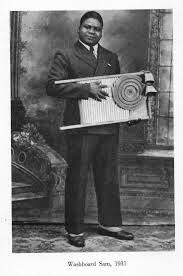 |
| Washboard Sam in 1941 |
Listening to a Washboard Sam track from around 1952, amusingly titled “Diggin’ My Potatoes”, I was struck by the remarkable electric guitar driving the record. Take a listen to see what I mean.
Cooper’s cutting-edge licks would bring modernity to Bill’s old-school acoustic strumming. So, who was the unsung and mysterious Lee Cooper? No photographs seem to exist but I’ve taken the liberty of accessing research by broadcaster Steve Franz, taken from magazine interviews with the Mississippi blues pianist Eddie Boyd (1914 – 1994), around 1971.
It seems Lee Cooper was born Echford Cooper in Lexington, Mississippi, about 1924. He next pops up in 1945, in the mainly African-American weekly, the Chicago Defender, as guitarist with a local jazz group called the Hi Di Ho Boys. Apparently, Cooper had replaced the group’s founder, Lefty Bates, who had gone into the US Army during WW2.
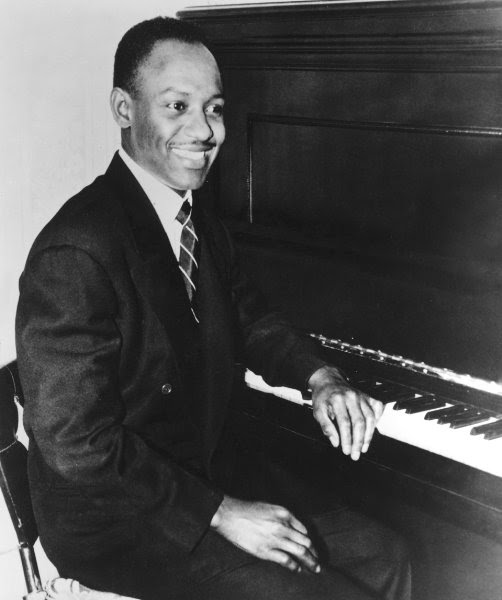 |
| Eddie Boyd (above) said Cooper was the best guitarist he hired |
Bates, too, would become a top blues session guitarist, playing rhythm for the likes of Buddy Guy and Jimmy Reed.
According to Eddie Boyd, who had a reputation for hiring the only best blues guitarists for his band, Lee Cooper was the best guitarist he ever employed.
Well-educated, Cooper could read music and pick up just about anything without rehearsing. “He could play anything playable”, said Boyd: from the jazz of Charlie Parker to the blues of John Lee Hooker. Indeed, Lee Cooper was, at one time, Howlin’ Wolf’s lead guitarist and also a regular session player for Jimmy Witherspoon and influential blues harmonica player, Big Walter Horton.
Eddie Boyd also revealed that Lee Cooper lost an eye during an experiment while studying chemistry at college and was a heavy drinker. It was the booze, Eddie said, that led to the demise of Cooper’s music career and early death, around 1966, aged 42.
The two ‘How Blues Evolved’ eBooks (going for a song at Amazon Books are now combined and substantially added to in AMERICA’S Gift, a 390-page paperback, also available at Amazon Books at the link below.
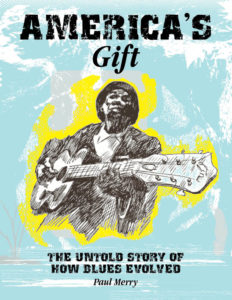
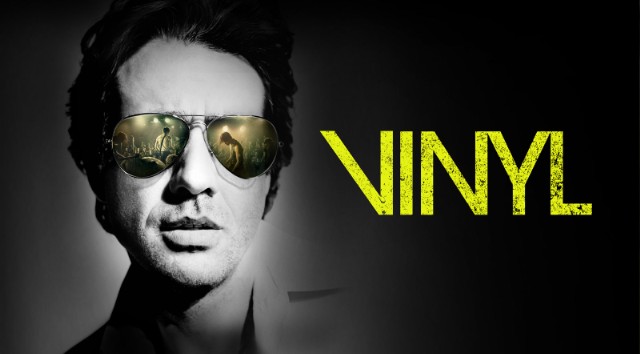

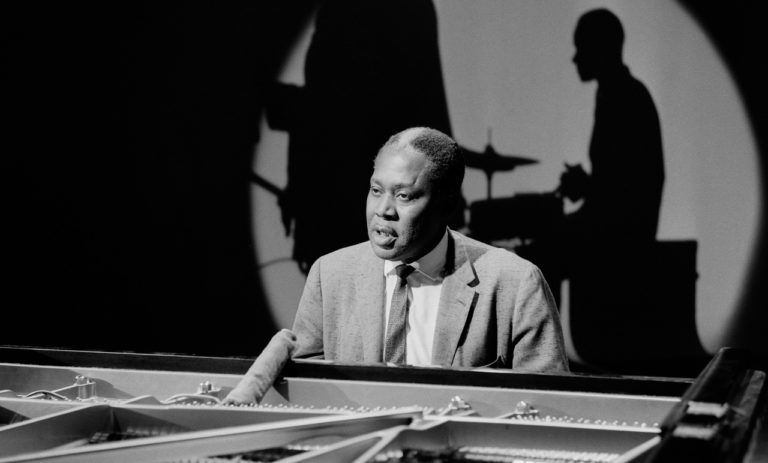
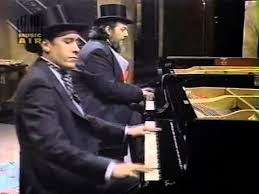

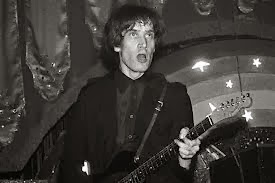
I had a close friend J. J. jackson who played with Lee Cooper in Waterloo, Iowa where J. J. also played with Earl Hooker.J.J. transported Lee Cooper to the hospital when he suffered an aneurysm and later succumbed to it.
Thanks for your feedback, Steve. Great to hear from someone who actually knows of Lee Cooper. Hadn’t heard of J.J. Jackson but see he wrote songs for the Shangra-Las and Pretty Things amongst other things. Pretty impressive guy.
Ah, well. Not to worry. J.J. must have been pretty good to have played with Lee Cooper anyway.
Not the same J. J. Jackson Paul.